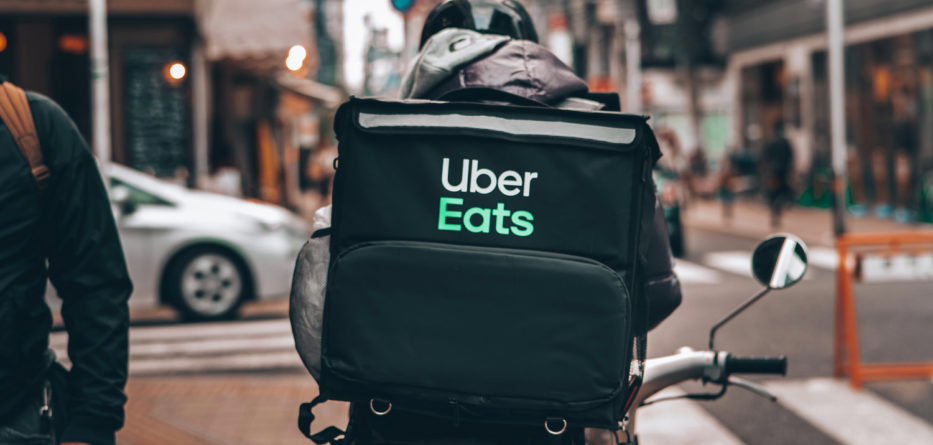PORTLAND, Ore. — During the COVID-19 pandemic, workers for online platforms who shop for groceries and deliver food have become essential for many people stuck at home.
But they face an uphill battle for recognition as well as remuneration.
Heidi Carrico is a Portland-based grocery shopper for the app Instacart and founding member of the Gig Workers Collective. She says she stopped shopping for Instacart and officially went on strike in March because the risk of contracting the virus wasn’t worth the pay.
“Being called household heroes and that sort of thing — that speaks to our heart and soul and what we want to do,” she states. “We want to help our communities. We want to. But that can’t take the place of being able to support our own families.”
The Gig Workers Collective is a collection of 11 labor activists, all women, across the country and has been organizing strikes against companies such as Instacart, GrubHub and Postmates.
The collective is calling for protective equipment, hazard pay and access to paid time off.
After a protest organized by the collective on March 30, Instacart responded by rushing out 10,000 kits of protective equipment. A representative for Instcart says the company has invested $20 million in the last few months to support the health and safety of shoppers.
The gig economy is a growing slice of the labor market. Bureau of Labor Statistics data from 2017 found about 1 in 10 workers is part of this economy. And ballooning unemployment numbers from the pandemic likely will cause numbers to rise.
Instacart has about 500,000 shoppers across the country and responded to increased demand by announcing in April a plan to hire 250,000 more.
But Carrico worries about how these workers will protect themselves.
“I’m seeing a lot of really clever and creative things that people are doing to stay healthy, but if you can’t afford it, then you’re kind of working without a safety net and hoping you don’t get sick,” she states. “I mean, crossing your fingers.”
The Gig Workers Collective has been active since Instacart changed the algorithm for its delivery payments, making working for the company unsustainable in the eyes of some workers. Carrico says this has been the case across the gig economy.
“All gig workers — regardless of the situation, regardless of whether there’s a pandemic or not — deserve a living wage,” she stresses.






